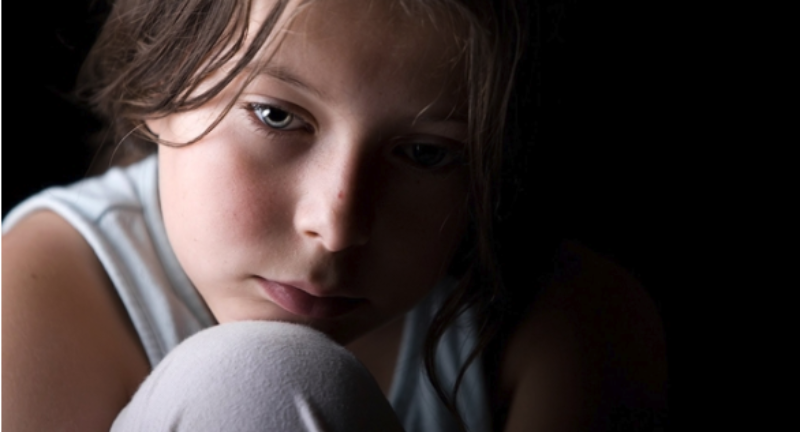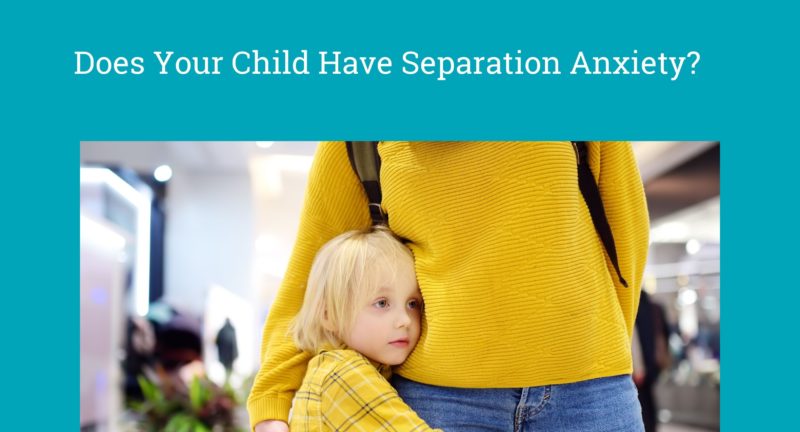Adoption and Loss
All orphaned children have experienced traumatic loss on some level. When dealing with and trying to understand loss, it is essential for parents and caregivers of kids from “hard places” (i.e., kids who have experienced neglect, abuse, trauma) to understand the psycho-social issues associated with the loss of a parent or caregiver. It is common for kids who have experienced traumatic loss to be sad and confused. Kids may be angry. They may hit, kick, and bite. Kids from “hard places” may lie, not listen and may have problems learning. They may scream, and they might run away. Kids from “hard places” might attempt to harm caregivers, parents, siblings, or themselves. All of these emotions and behaviors will be at a level far more intense than what is expected from normal child development. And, all of these emotions and behaviors will manifest themselves differently in different children, at different ages and stages. Parents must be prepared for these realities. Parents must be informed.
Understanding where a child comes from in terms of loss helps caregivers gain compassion for a child’s disruptive or unhealthy behaviors, and builds a stronger bond with the child. Grief is a normal reaction to a loss, and depending on the age of adoption, developmental level, culture, and many other factors, most children will grieve very differently. Sometimes it is tempting to parents and family members to focus only on the gains of adoption – and there are many, as children gain new families and people in their lives who love them. But, there are also significant losses that include loss of family members, familiar surrounding, control, and sometimes connection to heritage, culture, or race. When a child’s loss or multiple losses are acknowledged, addressed in a nurturing and safe way, healing is possible.
Specifically, parents and caregivers must be patient and willing to listen. They must be sensitive to and in control of their own emotions and actions. They must not respond with anger, jealousy, or harsh, physically punitive consequences. They must be sensitive to the lingering effects related to grief, loss, and abandonment. Ultimately, one of the best things that parents can do for their kids from “hard places” is to acknowledge the significant and valid challenges and issues that many children may endure due to their difficult histories of loss and attachment deficits.

It’s important for parents to remember and accept that it is natural for adopted children to grieve the life and family they never knew, no matter how old they were when adopted, how open the adoption is, or how happy their forever family or second family. It is important for parents and caregivers to understand the gains and losses of all members of the adoption circle. It may be beneficial for parents to partner with a trauma-informed therapist who specializes in working with kids from “hard places” to help with the following:
– Recognize the signs of grief in adopted children at different developmental stages
– Identify situations that may trigger grief responses
– Develop strategies for helping children grieve their losses
– Identify resources to help children and families grieve through developmental stages
To provide the best care for our kids from “hard places” we must be mindful of our kids’ heart, mind, soul, and strength. When parenting kids from “hard places,” we must model the sacrificial love of Christ even in the really difficult moments. When we as parents do this task well, children learn safety and trust. We were created in the image of the Triune God who existed in community before He ever created the world. We are not isolated beings, and neither are our kids. We need fellowship and relationships with others, and our kids from “hard places” desperately need safe, healthy, consistent relationships with parents and caregivers. Parents must strive to provide this love, safety, and connection with their kids and model healthy relationships in other areas of their lives.
Our goal in parenting kids from “hard places” should be to model Christ’s love and to help create a base from which each child’s identity is firmly grounded in Christ Jesus. We must remember there are no quick fixes with traumatic loss and attachment problems, and merely changing behaviors will not heal deep wounds. The common grace given to us through research and experienced and well-trained clinicians is an essential component to healing traumatic loss and deep wounds. Our goal must be nothing less than healing for the whole child – and ultimate healing by grace through faith. By combining trauma-informed, caregiving combined with safe, consistent, loving parents, we can give children the gift of real hope, as we teach them about and direct them toward the source of everlasting hope in Jesus Christ.
Often the best thing you can do for your child who is hurting and struggling is to become a trauma-informed parent. Trust-Based Relational Intervention (TBRI ®) is an emerging intervention model for a wide range of childhood behavioral problems. It has been applied successfully in a variety of contexts, and with many children for whom numerous other interventions have failed (e.g., medications, cognitive-behavioral therapies.) TBRI® is based on a solid foundation of neuropsychological theory and research, tempered by humanitarian principles. It is a family-based intervention that is designed for children who have experienced relationship-based traumas such as institutionalization, multiple foster placements, maltreatment, and/or neglect. For the past ten years, Drs. Karyn Purvis and Dr. David Cross have been implementing and evaluating TBRI®, and their strategies have proven extremely effective in creating healing environments for children who have come from “hard places.” Dr. Karen Hutcheson is a Licensed Clinical Psychologist and a professionally trained TBRI® educator. Dr. Karen can provide TBRI training to parents, caregivers, and those working with kids from “hard places.”


